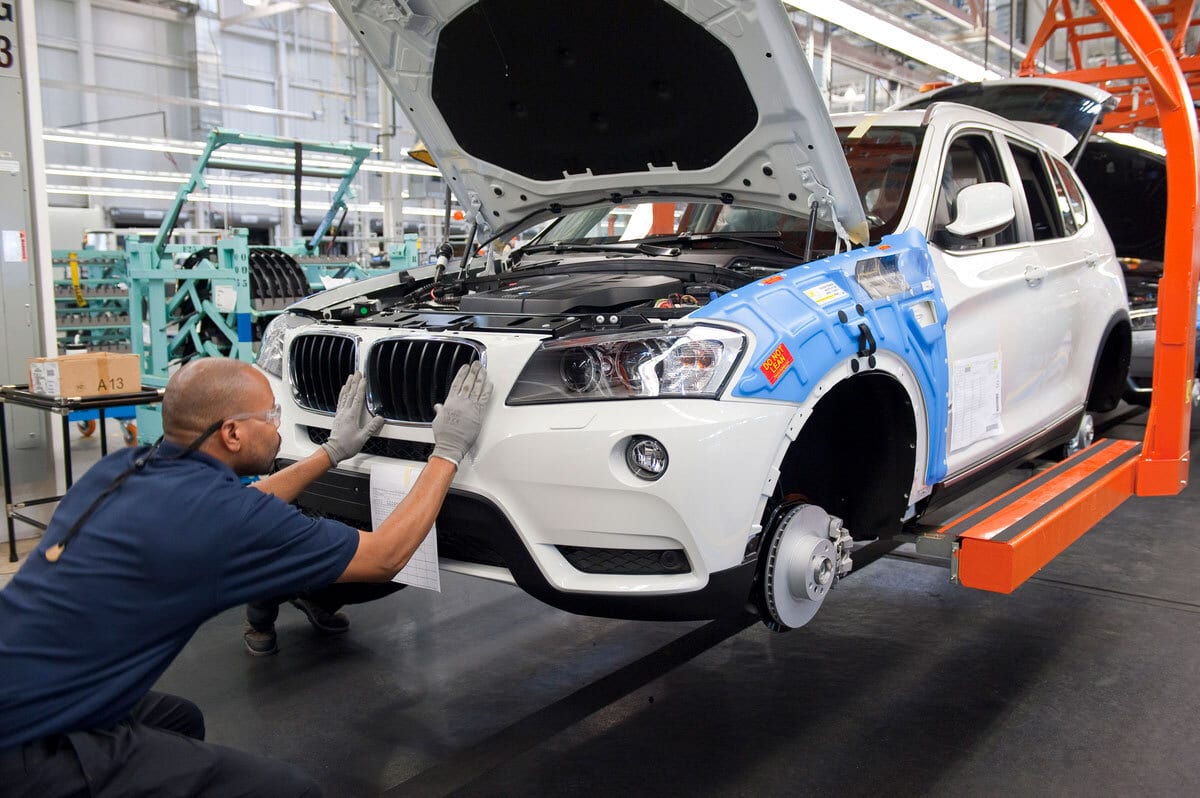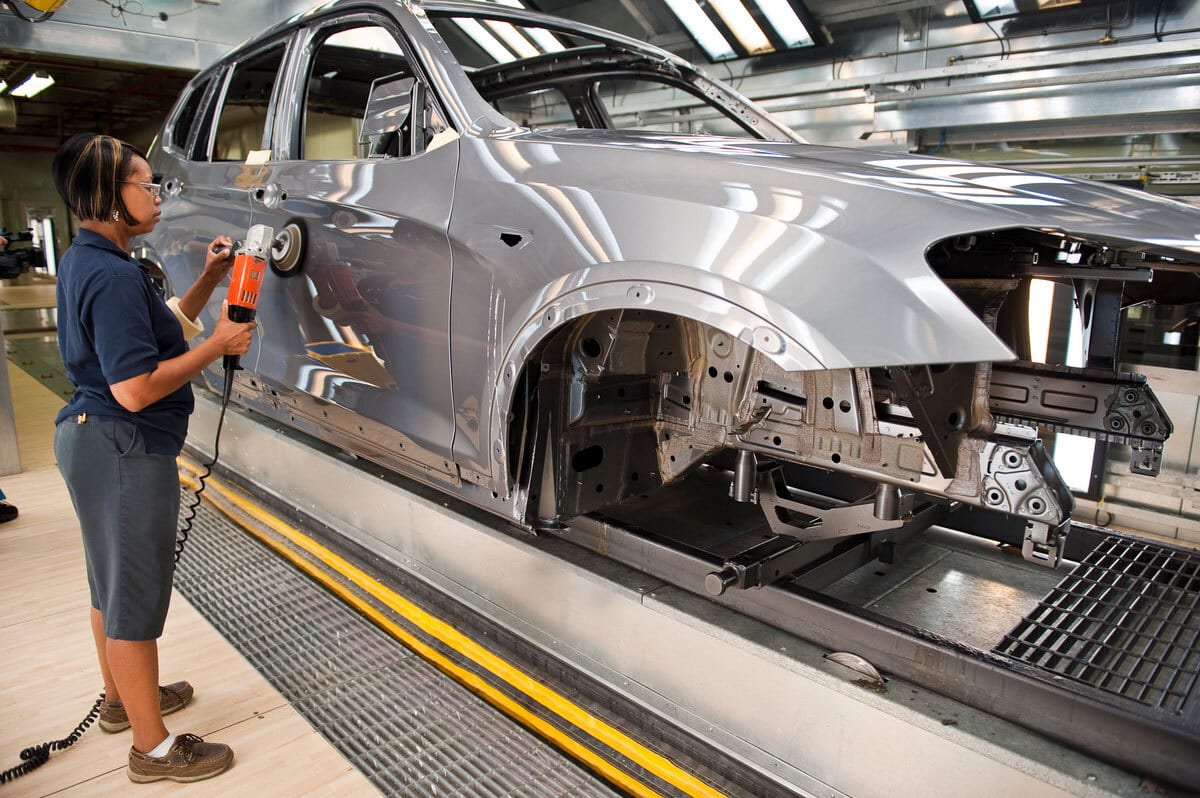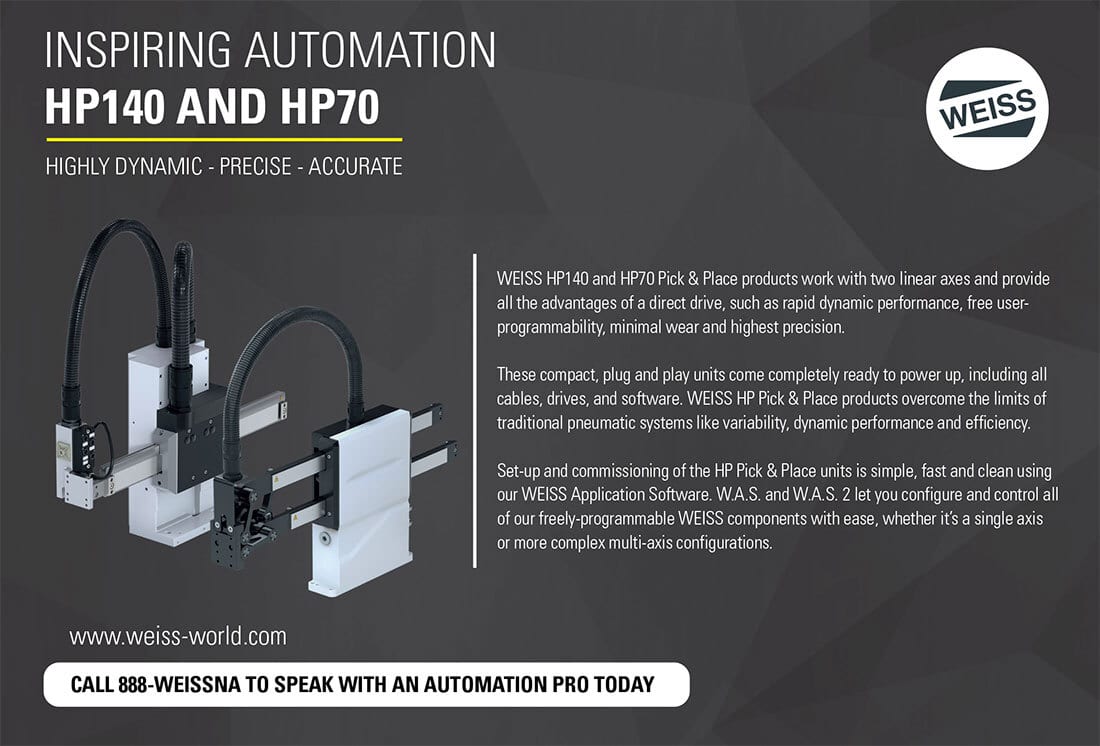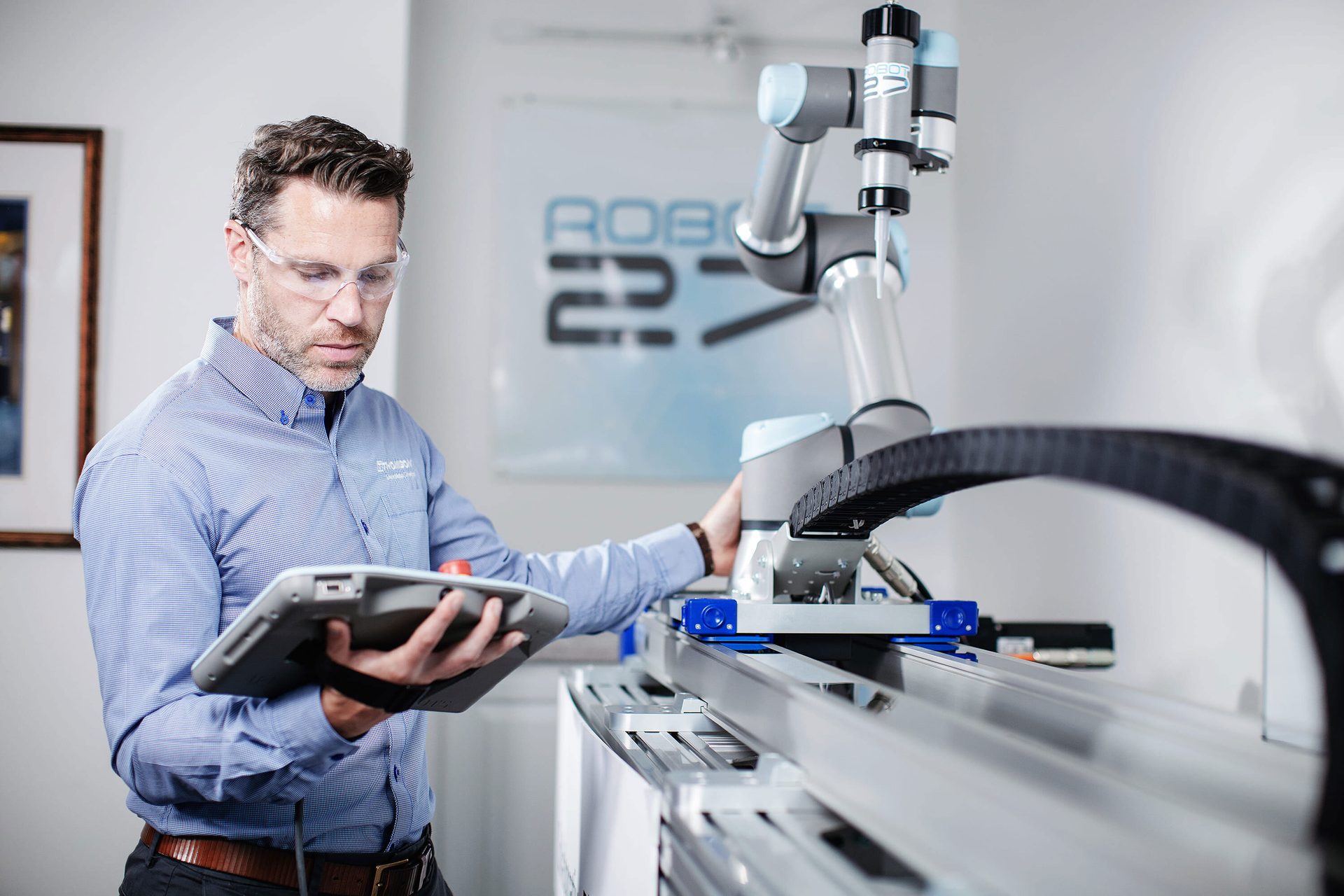FROM THE EDITOR
Last fall, the CEO of a major supplier of assembly technology supplier assured me that spending on capital equipment would pick up in 2025 after the November presidential election, because manufacturers wanted certainty in the market before making investment decisions.
Well, it’s been six months since the election, and certainty has been hard to find. Tariffs are on; tariffs are off. Tariffs are up; tariffs are down. It’s hard to keep up.
While we wait for the other shoe to drop, let’s question the whole premise of tariffs. It would be wonderful if everything we consume in this country were actually made here, and maybe tariffs can play a role in bringing some of that back. But, we need to be honest with ourselves, too. It will take years—and billions of dollars—to rekindle some industries here.
Moreover, who will staff these factories? Assembly plants are already struggling to find skilled workers. At press time, there were 482,000 manufacturing job openings in the U.S., and the unemployment rate was 4.2 percent. Despite the benefits of working in manufacturing, many Americans still don’t want to work in factories, any more than they want to pick strawberries and lettuce on California farms. Some industries are just not going to come back. Americans will not line up to sew tennis shoes for $20 an hour.
Indeed, that is why the narrative around automation has changed. Assembly plants are not so much automating to eliminate jobs; they are automating to better utilize the skilled workforce that they already have.
That’s just one misconception about the U.S. and the global economy. Sadly, there are more. In a recent interview on CNBC, White House senior trade advisor Peter Navarro criticized BMW’s assembly plant in Spartanburg, SC. The 76-year-old Navarro described BMW’s operations as “a scam” and suggested that workers at the plant were relegated to lower-value jobs, while profits and advanced manufacturing stay overseas.

BMW’s assembly plant in Spartanburg, SC, does business with some 400 suppliers across North America. Photo courtesy BMW
“You take automobiles, what we’re doing now is a scam—like BMW comes to Spartanburg, SC, and all we do is assemble German transmissions and autos,” Navarro said. “[The Germans] get all the good jobs. They get all the good profits, and we get stuck with a hindsight.”
Having toured the factory twice for ASSEMBLY, I can report that nothing is further from the truth.
Since 1992, BMW has invested more than $14.8 billion in its South Carolina operation. The Spartanburg factory is the largest BMW plant in the world, assembling more than 1,500 vehicles each day. Nearly 57 percent of its vehicles are exported to some 120 global markets, making BMW the largest automotive exporter by value in the United States for more than a decade. In 2024, nearly 50 percent of BMW vehicles sold in the U.S. came from Spartanburg. The factory’s model portfolio includes six top-selling BMW X models, four Motorsport X models, and two plug-in hybrid electric vehicle X models. The factory has an annual production capacity of up to 450,000 vehicles and employs more than 11,000 people.
Spartanburg consumes around 34,000 different part numbers, and uses nearly 400 suppliers across North America. Approximately 200 of those part numbers are delivered just-in-sequence.
Yes, some 20 percent of the plant’s components also come from outside the U.S.-Mexico-Canada trade area, including powertrains from Europe, and key components from other global locations, including Asia. But the vast majority of the factory’s parts are made right here—the result of significant investments made well before Trump’s tariff regime.

BMW’s U.S. assembly plant contributes an estimated $26.7 billion to South Carolina’s economy and supports nearly 43,000 jobs, generating $3.1 billion in wages and salaries. Photo courtesy BMW
For example, in 2023, German auto parts supplier ZF Group invested $500 million to expand its transmission factory in Gray Court, SC. The investment created 400 jobs and upgraded the site’s equipment and technologies to assemble propulsion systems for passenger cars and commercial vehicles. BMW is among the plant’s biggest customers.
ZF manufactures a host of auto parts in North America for U.S.-made vehicles, including brake pads, suspension and steering components. ZF’s customers include Hyundai, Ford, Tesla, Mercedez-Benz and Volta Trucks, a manufacturer of commercial EVs. In the U.S. and Canada, ZF operates 42 facilities and 10 R&D sites. In addition to South Carolina, ZF factories are located in Alabama, Arizona, California, Florida, Georgia, Illinois, Indiana, Kentucky, Michigan, Minnesota, North Carolina, Ohio, Texas, Washington and Wisconsin.
More broadly, BMW has had a huge impact on South Carolina’s economy. The Spartanburg plant contributes an estimated $26.7 billion to the state’s economy and supports nearly 43,000 jobs, generating $3.1 billion in wages and salaries. These figures directly challenge Navarro’s suggestion that the company’s U.S. presence offers little benefit to American workers.
In short, the auto industry is not the problem in terms of off-shoring. In fact, of the top 10 most “American-made” cars, five are produced by “foreign” OEMs, namely Honda, Toyota and Volkswagen.
The economy today is truly global. Tariffs would be great if the U.S. were the only source of certain goods, but we’re not. Our top exports are petroleum; aircraft and aircraft parts; motor vehicles and parts; machinery; pharmaceuticals and medical devices; and agricultural products, primarily corn and soy beans. With the possible exception of pharmaceuticals and medical devices, all of those can be purchased from other countries.
Retaliatory tariffs imposed on U.S. agricultural products will only make things worse for America’s heartland, which is already reeling from falling crop prices. According to the U.S. Department of Agriculture, row-crop receipts declined 16 percent in 2024 and 8 percent in 2023. Combine that with increased borrowing costs and suddenly, farmers aren’t buying new tractors. As a consequence, Deere has laid off more than 2,300 operations workers across its network of factories in Iowa and Illinois over the past 12 months. White-collar workers in Iowa and Illinois have also been laid off.
If U.S. agricultural products become too expensive due to tariffs, other countries are more than happy to pick up the slack. Do you know Brazil’s leading export? It’s not coffee, it’s soybeans. Brazilian farmers have access to the same yield-enhancing technologies as U.S. farmers, and they are converting wilderness into agricultural fields at an rapid pace. Brazil’s leading export partner is China. Do the Chinese care from whom they buy soybeans? They do now.
Conversely, China produces 99 percent of the world’s supply of heavy rare earth metals and 90 percent of the world’s nearly 200,000 tons a year of rare earth magnets. As a result of U.S. tariffs, China has suspended exports of certain rare earth minerals and magnets that are crucial for the world’s automotive, semiconductor and aerospace industries.
So much about tariffs is contradictory. Tariffs are seemingly at odds with our consumer culture, driven as it is by a surfeit of cheap goods, whether it’s t-shirts or flat-screen televisions. (The merits of that culture is a debate for another time, but it’s been decades in the making.) An administration that was principally elected to curb rampant inflation is now in the process of raising prices for everything. Tariffs are intended to increase domestic manufacturing jobs, and yet we can’t fill the manufacturing jobs we already have, and we have an administration that is openly hostile to desperate people who would happily take those jobs.
Certainly, there’s no such thing as free trade when we’re competing with state-run economies and world governments that have complete disregard for their workers and the environment. Even so, we will be better served by a trade policy that is less simplistic and bombastic and more thoughtful and deliberate.








